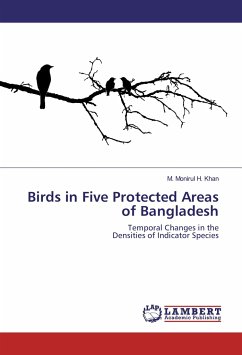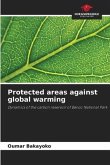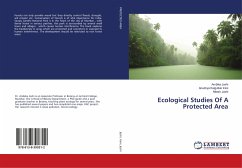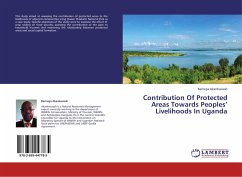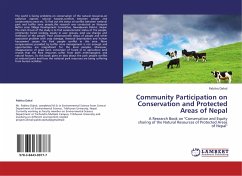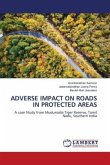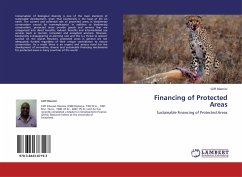Participatory bird survey was taken as the tool to assess the management impacts of Nishorgo Support Project (NSP) of Bangladesh Forest Department in five protected areas situated in the northeast and southeast of Bangladesh. This was systematically done for four years (2005-2008). Eight species of primarily forest birds were taken as indicators and their population densities in each of the five sites were estimated. When the annual density estimates were compared across the years it was found that two of the indicator birds (Red Junglefowl and Puff-throated Babbler) that live in the understory of the forest have increased, but one indicator bird (Oriental Pied Hornbill) that lives in the upper canopy has decreased, indicating that the forest understory has regenerated but the upper canopy has degraded over the four years. The densities of other indicator birds remained more or less unchanged over the four years. A total of 225 species of bird was recorded in five NSP sites, of which 190 (84%) were resident and the rest 35 (16%) mostly migrant. Out of 225 species, 37 (17%) were Very Common, 65 (29%) Common, 41 (18%) Uncommon and 82 (36%) Rare.
Bitte wählen Sie Ihr Anliegen aus.
Rechnungen
Retourenschein anfordern
Bestellstatus
Storno

